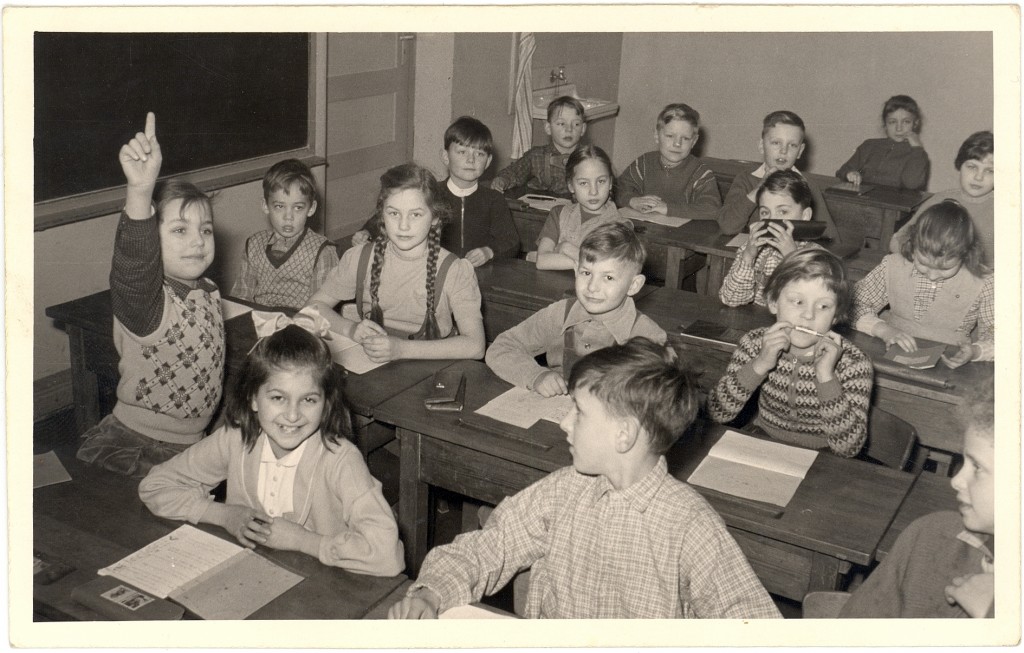Freedom Without Narrative

The Shields reading from week seven sheds some important light on the limitations that narratives and plots impose on readers of books.
Shields says, ‘the absence of plot leaves the reader room to think about other things’. This idea leads on from my previous post quite nicely, as it expands on the view that the contemporary media environment (the Internet), which is an unconventional and shapeless form, offers us multiple new ways of thinking about things.
Furthermore, traditional communication forms such as books and films with plots and narratives encourage people to believe that life works in the same way. Shields says, ‘conventional nonftion teaches the reader that life is a coherent, fathomable whole that concludes in neatly wrapped-up revelation’. But this is simply not the case, and therefore through understanding a new media environment that abandons plot and narrative, society may start to develop more realistic expectations of life.
Shields has hope in the fact that the Internet, with its plotless content, will lead us towards a society that thinks beyond what traditional communication formats have prescribed. He sums it up quite well when he says, ‘nonfiction, qua label, is nothing more or less than a very flexible (easily breakable) frame that allows you to pull the thing away from narrative and toward contemplation, which is all I’ve ever wanted’.
However, Shields’s view is not met with so easily. Rebecca believes that plot creates a necessary pattern, while George has picked up Shields’s vision that the reader of plotless content acts as an editor as they organise information in their own way.
Shield’s argument is an interesting one to explore as it can be linked to many new ideas and ways of thinking, kind of like the contemporary media environment.






